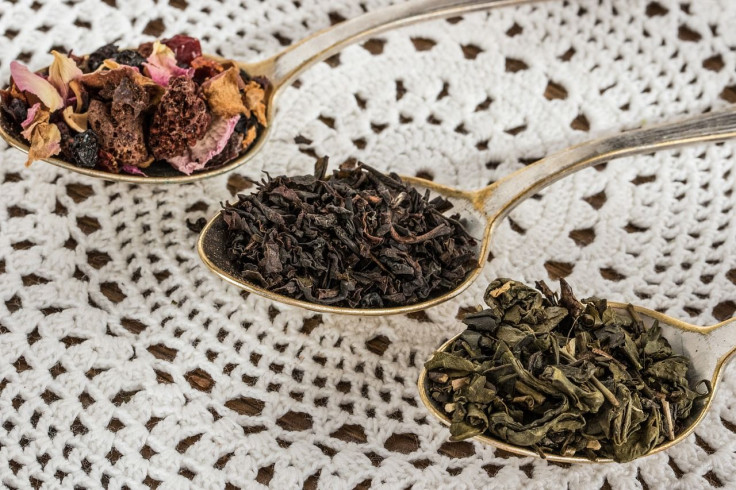Blood Sugar Levels May Be Normalized By Having This Tea

KEY POINTS
- Type 2 diabetes patients must ensure that they have low blood sugar levels
- Certain foods must be avoided, but there are also foods and drinks that are helpful
- One of the helpful beverages is black tea
Type 2 diabetes is characterized by the inability of the pancreas to function or produce enough amount of insulin properly. This hormone plays a vital role in regulating the blood sugar in the body. Insufficiency of insulin may result in uncontrolled sugar levels, which may keep on rising in the case of type 2 diabetes.
If left unchecked, this could cause the development of life-threatening complications like stroke or heart disease. Fortunately, making healthy lifestyle choices can help regulate blood sugar levels, and in blood sugar management, diet plays a central role.
Dietary Items To Control Blood Sugar Level
Some dietary items, like certain teas, have blood sugar-lowering properties. There are tea varieties that have been proved to contain chemicals called polyphenols. Scientists believe these chemicals help increase insulin activity.
Black tea, for instance, has been proven to enhance insulin use in the body. Derived from camellia sinensis leaves, it is among the tea types widely consumed in the UK.
In one study, researchers examined the insulin-enhancing properties of black tea. Their findings show that black tea was able to increase insulin activity by more than 15 times.
The results of the study led researchers to conclude that aside from polyphenols, many other compounds in tea, particularly catechin called epigallocatechin gallate, are proven to enhance insulin levels.
Lowers Blood Sugar Spikes
Additionally, results of research published in the Asia Pacific Journal of Clinical Nutrition also found that tea considerably lowered the spikes in blood glucose levels. The research examined both pre-diabetic and healthy adults who were asked to consume a sugary drink.
According to the authors of the study, black tea significantly lowered incremental blood glucose after consumption of sucrose at 60, 90, and 120 minutes as compared to placebo.
The researchers also said that polyphenols reduce glycemic response and may also be the reason why tea and coffee drinkers are at the lowest risk for diabetes. This is the position of Peter Clifton, M.D., PhD., a professor of nutrition at the University of South Australia in Adelaide.
He conducted a review recently of the role of dietary polyphenols in managing insulin sensitivity and glucose homeostasis. His findings were published in Nutrients.
© Copyright IBTimes 2024. All rights reserved.





















